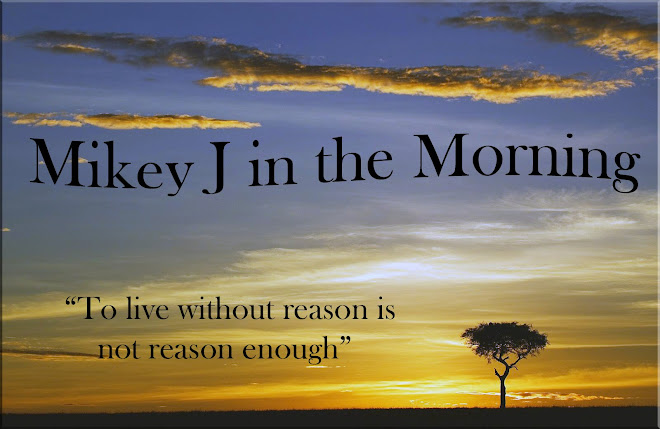Therefore, this is the first ever Compost, a comment turned blog post. Enjoy!
You should go read Pterygotus's post before reading this:
I RECKON THAT IF I HAVE A LONGER "LINK" MORE PEOPLE WILL CLICK ON IT. DON'T WORRY ABOUT NAVIGATING AWAY FROM THIS PAGE, THE HTML HAS BEEN EDITED TO ENSURE YOU STAY HERE, WHERE YOU BELONG.
How can I resist such a dare? Do you realize what you are asking for?
A few starters:
-I only see one piece of evidence here. It seems as if the basis for your argument is one book. One incident in one book.
-I'm not quite sure what you are trying to prove with this. Should we stop using "beast" in the "slang" way? Do we just need to recognize a difference? There is a difference between slang and colloquial, but that seems a bit shallow for this.
-I am not fluent in German, but by Beelzebub, you must be refering to the "Chief of Devils." Are you inferring that when we say "beast" we mean "devil"? I don't think that is the case.
-We generally call someone a "beast" after they have completed a valiant task. Such as dominating a football game (such as a real beast would dominate a forest). Or after they get that hot girl to go out with them. We don't, however, call people "beasts" when they perform evil deeds. We call those people creepy.
-Slang is a whole other topic. Slang words have a much different meaning than that in the dictionary. "Tight" does not mean "Stretched or drawn out fully." It means "sweet" (which actually doesn't mean "Containing or derived from sugar"), "awesome," "cool," (which doesn't mean "Containing or derived from sugar"). Anyway I think you get my point...
-Slang words change over time. Lord of the Flies was written in 1954, over 50 years ago. "Beast" back then had a much different meaning than it does today. 50 years from now, people will probably not use "beast" as a compliment. They will probably use it to indicate a dangerous chemical found in Asian foods. Who knew you could combine beryllium, arsenic, and tellurium in one food?!?! (Assuming Asians adopt a
-One of the reasons for the popularity of "beast" is the enunciation. It is one of those rare words that can either be one or two syllables, giving it a wide variety of uses. You can quickly say "beast!" under your breath during a test to indicate either your competency, or moan out a "beeeeaastttt" quietly to indicate your lack of preparation. Plus it exemplifies the masculine voice of many teenage males, making it a popular word. It allows us to feel "cool" by pronouncing "beast" with a low voice that helps us to fit in.
-But really, there is no need for me to argue with you. I don't need, nor neccesarily want, to change your opinion. It is a personal choice. Some teenagers will use "beast" daily, while others will use it just during sporting events, and yet a few others will use it only on the rare occasion that they see a leopard in their bedroom. It's up to you how you want to use it, but don't expect everyone else to think the same way you do.
You did dare me...



This comment has been removed by the author.
ReplyDeleteI know you don't mean it that way, but it somewhat reminds me of that sometimes. The negative connatation has been longer than the positive one, not just in the book, you can find it in other spots too. Anyway, the positive connatation is a slang phrase, it probably won't last as long, then the negative connatation will show up again. Here's nother phrase you know "Boom, Roasted!"
ReplyDeletei tried to avoid following your link, but it was too long not to follow.
ReplyDeleteBy the way, you can use it all you want, I was illutrating why I don't like it. See other post for further information
ReplyDeleteHmm. Shug I still don't realize your point. I agreed with you in saying that it is slang, and that slang will come and go.
ReplyDeleteAnyway, it was fun to see your response
ReplyDelete